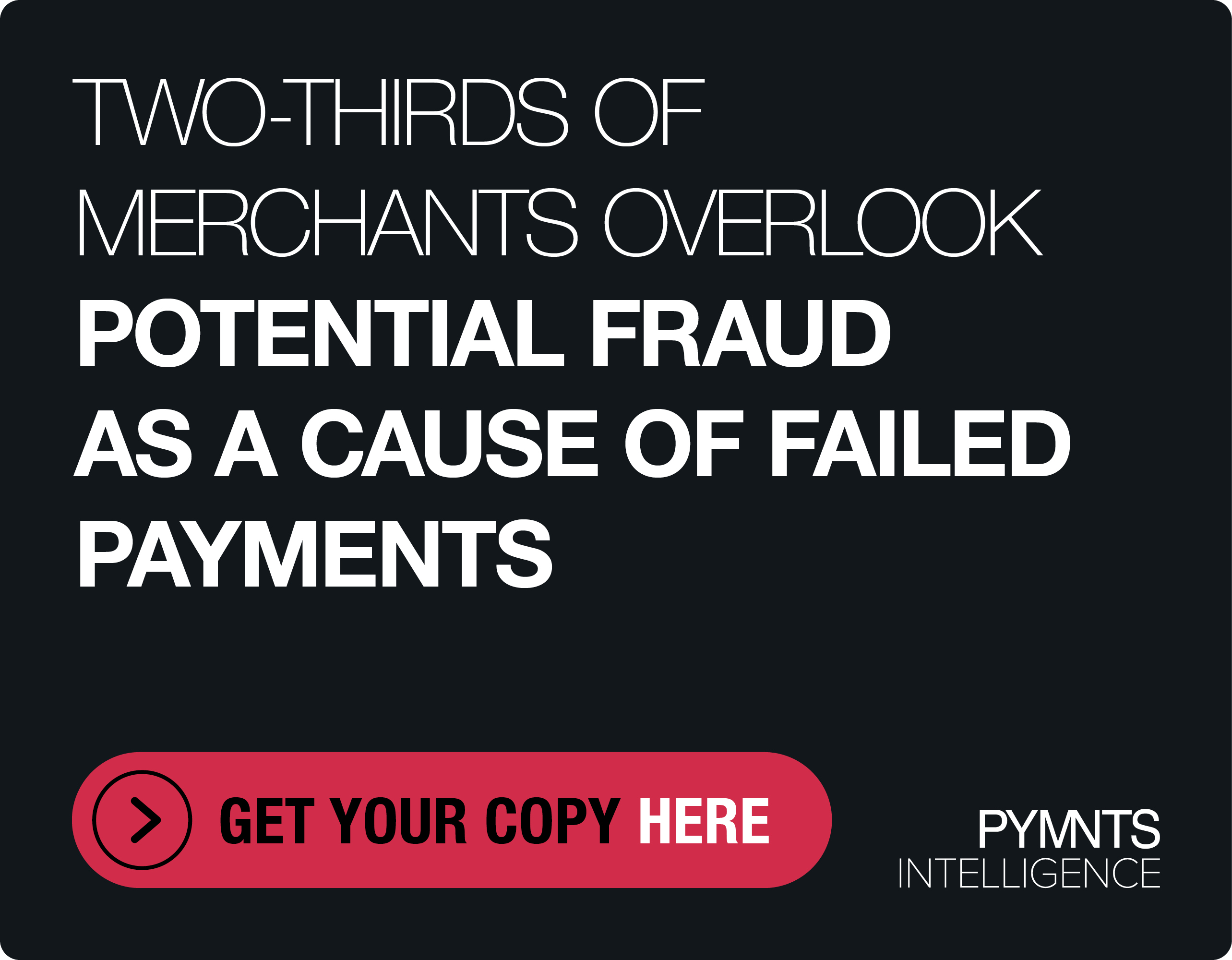New Crypto Regulation May Be Useful, but Not Indispensable
In the crypto regulation debate, many people in the industry are suggesting that new regulation in the United States is needed to provide more clarity and legal certainty for companies. Yet, Ashley Ebersole, partner at Bryan Cave Leighton Paisner, told PMYNTS that any legal expert in the field can provide a good idea of what digital asset is a security or a commodity and help find a solution.
Asked about the hearings in early February in the Senate and the House of Representatives about digital assets and the role of the Commodities Future Trade Commission (CFTC), Ebersole said, “I don’t know that anything happened that dramatically changes the landscape or even necessarily changes it in any meaningful way.”
He added, “Statements in congressional hearings don’t have a force of law. So I, I wouldn’t want anyone to mistake a statement at a congressional hearing, much less for having some legal significance, much like statements made in speeches by the Securities and Exchange Commission [SEC], CFTC officials or, or anyone else in government.”
Nonetheless, the hearings, in Ebersole’s view, confirmed that the CFTC is open to taking on a broader role on crypto regulation than it currently has under the law, which is jurisdiction only under derivatives on Bitcoin or ether or other crypto assets that might qualify as commodities. The CFTC didn’t want to create any conflict with other agencies that could end up supervising some digital assets, like the SEC, so the CFTC only suggested that new regulation was needed, and they were ready to take this role.
On the specific subject of the necessity of new regulations, Ebersole defended that the current tests available to regulate securities, namely the Howey test and other court cases, could provide sufficient guidance to know if a crypto asset is a security or not.
“Do we need a written law on this? Not necessarily; the industry says it wants some kind of regulation because things aren’t clear. You’ve seen a couple proposals out from different entities, Coinbase and others of what regulation could look like, what is a security and or is this digital asset a security or not? I think if you talk to lawyer who is competent in this area, they can generally give you a pretty decent idea,” Ebersole said. “So it’s not like the answer isn’t out there somewhere. I understand that some people would rather have it be clear from the face of it. Unfortunately, the securities laws are not written at present to really do that.”
As a former attorney at the SEC, Ebersole knows very well the agency and its enforcements methods. The SEC has been using enforcements actions to somehow regulate the crypto industry so far. The question is, as the industry is growing exponentially, the number of cases where companies may need to register their assets or stay unregistered will also likely increase. Can the SEC continue using just enforcement actions in the long term? “Maybe the SEC will lose appetite for it at some point, but Commissioner Gensler hasn’t suggested that his desire for it isn’t waning at all.”
Read more: SEC Crypto Enforcement Approach May Not Be Enough in the Long Term
What is the problem that companies with crypto assets are facing?
When a company offers a token or crypto asset, depending on its qualification, the company may need to register it as a security, and certain disclosure requirements apply.
“The securities laws are laws of inclusion. So basically, they say, if we find that your instrument, it qualifies as security, we’re going to assume that the securities laws apply to it, unless there’s an exclusion or an exemption that says that they don’t apply.”
Clients ask questions about how they can do certain things to launch certain products, to launch certain companies. “It’s a lot of complex questions of how do you thread that needle and find a path by weaving to gather exemptions or exclusions from registration that will allow a company or a product to get off the ground and to operate at least until it reaches a certain size, and hopefully by that time, perhaps it has the resources to take on a bigger undertaking, like registering with the SEC or some other government agency.”
Ebersole didn’t want to make specific predictions on what type of regulation or legislation could come first during 2022, but given the time constraints to adopt certain legislation, he suggested that the proposed regulation on Alternative Trading Systems could be a good candidate to move forward.
Read also: SEC Advisor: Regulator Should Listen to the Crypto Community and Open Debate
Sign up here for daily updates on the legal, policy and regulatory issues shaping the future of the connected economy.
